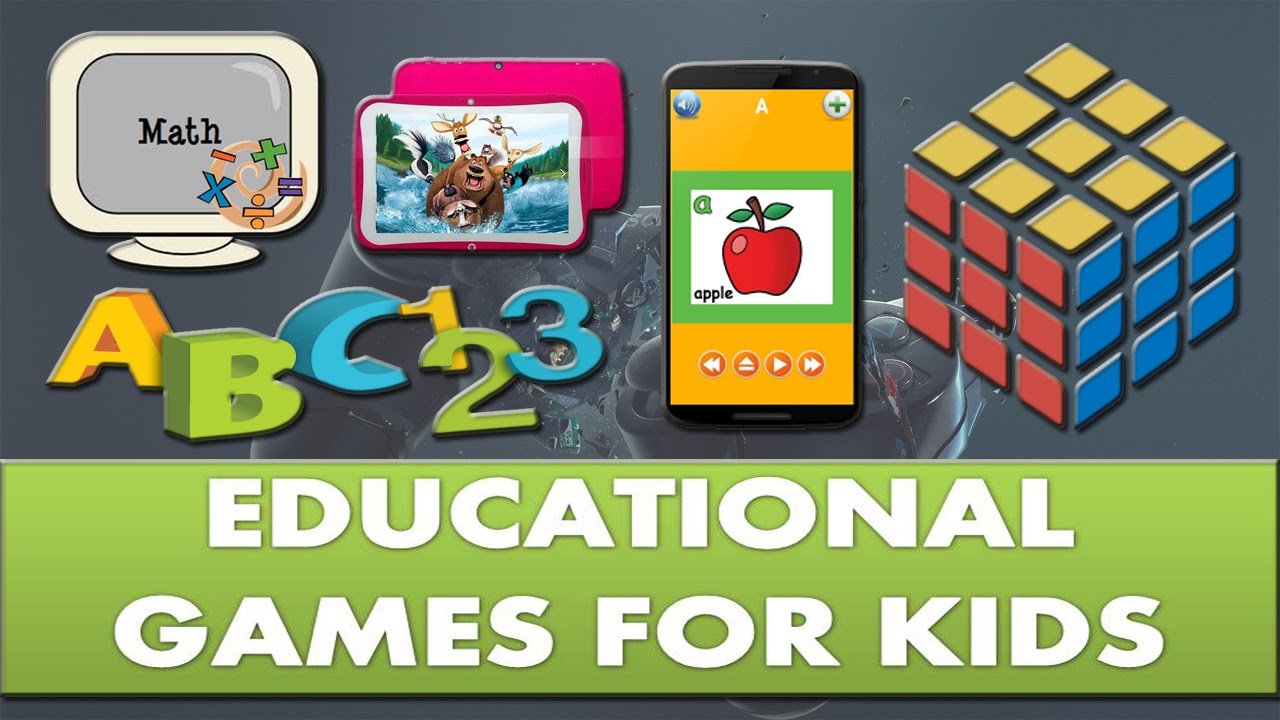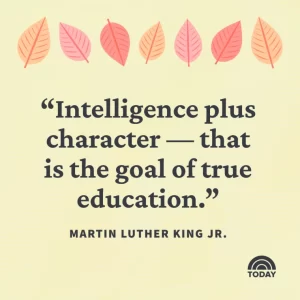Educational Games are interactive experiences designed to enhance learning and understanding of specific subjects. They often combine elements of play, problem-solving, and knowledge acquisition.
Benefits of Educational Games:
- Engaging and Fun: Educational games make learning more enjoyable and interactive, making it easier for students to stay motivated.
- Personalized Learning: Many games adapt to the player’s pace and skill level, providing a personalized learning experience.
- Active Learning: Educational games often require active participation, which can improve learning retention.
- Problem-Solving Skills: Games can help develop problem-solving and critical thinking skills.
- Collaboration and Teamwork: Some games encourage collaboration and teamwork, fostering social and emotional skills.
Types of Educational Games:
- Math Games: Games that teach mathematical concepts, such as addition, subtraction, multiplication, and division.
- Language Arts Games: Games that help develop reading, writing, vocabulary, and grammar skills.
- Science Games: Games that explore scientific concepts, such as biology, chemistry, and physics.
- History Games: Games that teach historical events, figures, and cultures.
- Geography Games: Games that help students learn about different countries, cultures, and landmarks.
Examples of Popular Educational Games:
- Minecraft: A sandbox game that can be used to teach various subjects, including math, science, and history.
- Kahoot!: A quiz-based game that can be used for classroom or online learning.
- SimCity: A city-building game that can teach students about urban planning, economics, and environmental science.
- Animal Crossing: A life simulation game that can teach students about nature, ecology, and sustainability.
Educational games can be a valuable tool for students of all ages, providing a fun and engaging way to learn.
Would you like to know more about a specific type of educational game or its benefits?










+ There are no comments
Add yours